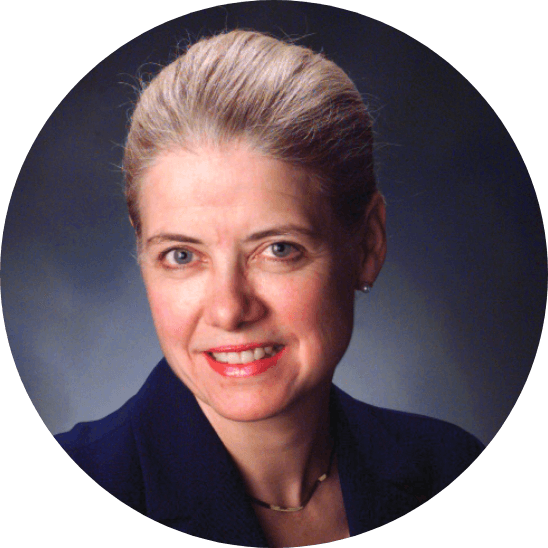2019
We began as a grassroots effort, when a small group of families who’d lost loved ones to suicide banded together with scientists in an effort to learn more. As we have grown and expanded to become the nation’s largest suicide prevention organization, with chapters in every state, what we do is still rooted in communities, and the individuals who comprise them.
INNOVATION GRANTS
Through the funding of Innovation Grants, AFSP supports pioneering work that will increase our understanding of suicide with an array of promising new areas of research.
See all of our Innovation Grants3-Year Strategic Plan
Envisioning the future
Together, we know we can save lives. Our new Three Year AFSP Strategic Plan has been created to ensure the effectiveness and reach in our efforts through 2022, helping us to measure the impact of all we do, through our programs, chapters, volunteers and partners.
With your help, over the next three years we will:
- accelerate progress in suicide research to save more lives by driving discovery and innovation
- engage stakeholders and the public in awareness, advocacy, and bold actions to save lives
- reach more people at risk for suicide and survivors of suicide loss with effective programs
- optimize our capacity to better advance our mission
Everything we do is designed to create a world in which we save as many people as possible, and ensure we all have the support we need. We are proud to enact this exciting and ambitious plan.
THE 31st ANNUAL LIFESAVERS GALA
Held last May at Jazz at Lincoln Center’s Appel Room, the 31st Annual Lifesavers Gala was a truly inspiring night. Hosted by musician Alex Boyé, the event honored those making an impact through their dedication and passion to the cause.
This year’s Gala, chaired by Husseini Manji, M.D. Global Therapeutic Head, Neuroscience, Janssen Research & Development, LLC, raised over $600,000 for the fight against suicide.
Honorees included decorated CNN reporter Anderson Cooper, Senior National Correspondent and NBC Nightly News Anchor Kate Snow, San Francisco 49ers football star Solomon Thomas and the Thomas family, and researchers Gregory Simon, M.D., MPH, and John Mann, M.D.
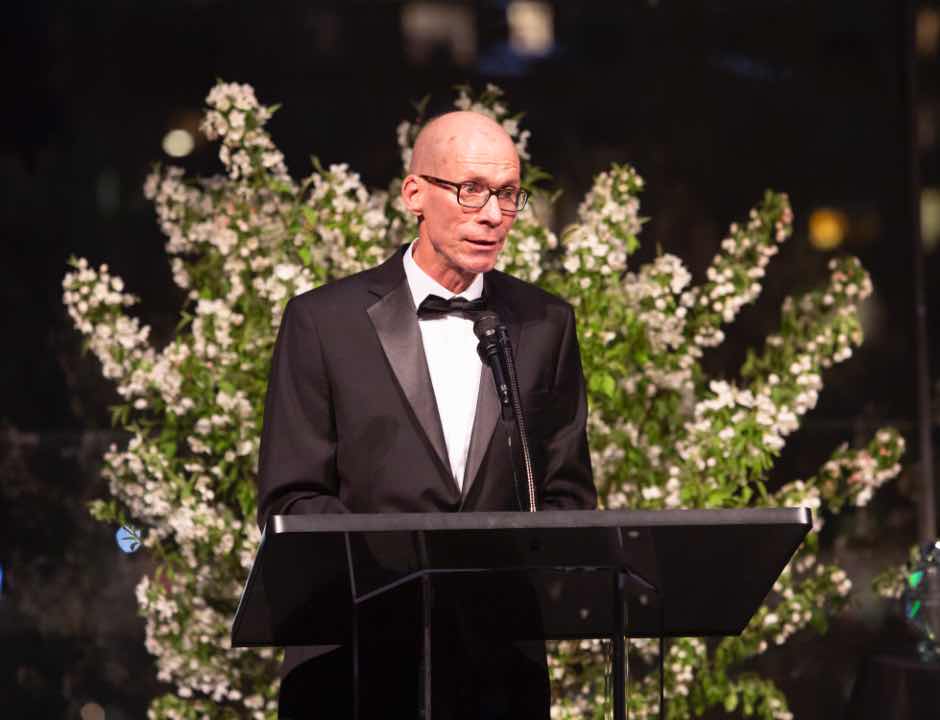
Research Award
Gregory Simon, M.D., MPH, investigator at Kaiser Permanente Washington Health Research Institute, psychiatrist in Kaiser Permanente’s Behavioral Health Service, research professor at the University of Washington
Dr. Simon’s research is focused on improving access and quality of mental health care, with a particular concentration towards mood disorders. He currently leads the Mental Health Research Network.
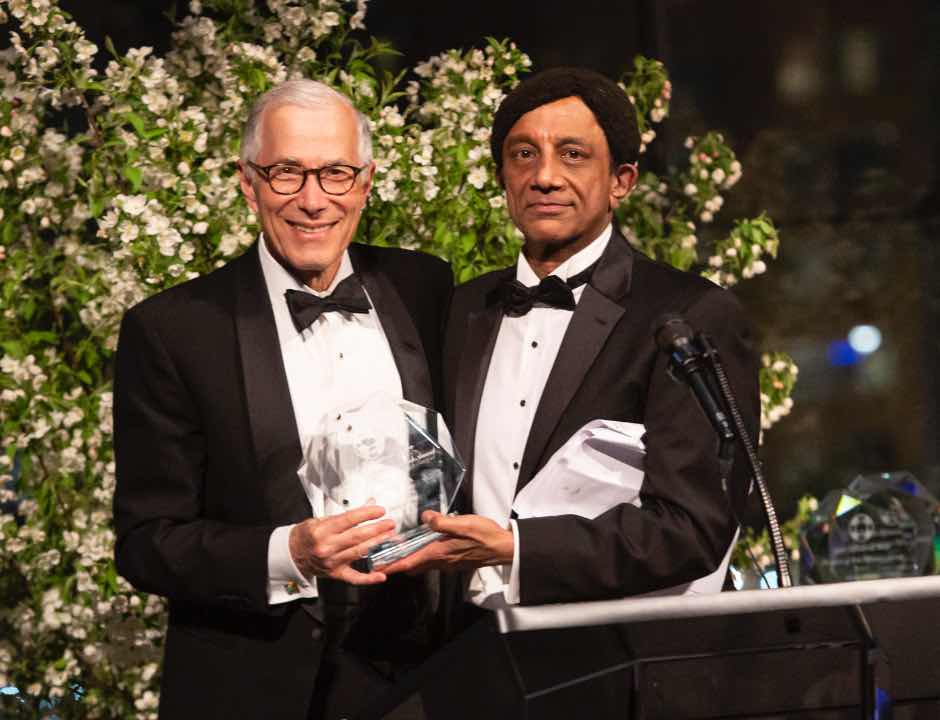
Research Lifetime Achievement Award
John Mann, M.D., Paul Janssen Professor of Translational Neuroscience in psychiatry and radiology at Columbia University, and Director of Molecular Imaging and Neuropathology Division (M.I.N.D.) at New York State Psychiatric Institute
Dr. Mann’s research utilizes brain imaging, neurochemistry and molecular genetics to further learn about depression, suicide and their causes.

Survivor of Loss Award
In 2018, the Thomas Family—San Francisco 49ers football star Solomon Thomas and his parents, Chris and Martha — lost beloved sister and daughter, Ella, to suicide. They’ve since used their own platform and that of the NFL to spread the message that suicide is preventable and that help is always available, including an interview with ESPN which aired during “Monday Night Football.” The Thomas family has participated in both the 2018 Overnight Walk in Dallas, and the 2019 Overnight Walk in San Francisco.

Public Awareness Award
Kate Snow, Senior National Correspondent and Anchor, NBC Nightly News, Sunday
Kate Snow is a weekday anchor for MSNBC Live and an Emmy-winning National Correspondent for NBC News, as well as the anchor of NBC Nightly News, Sunday editions. Snow’s dedication to coverage of mental health and suicide has been apparent throughout her journalistic career. After the deaths of Kate Spade and Anthony Bourdain last June, Snow spoke intimately about the impact her father-in-law’s death by suicide had on her family, and discussed the importance of safe reporting on this sensitive topic.
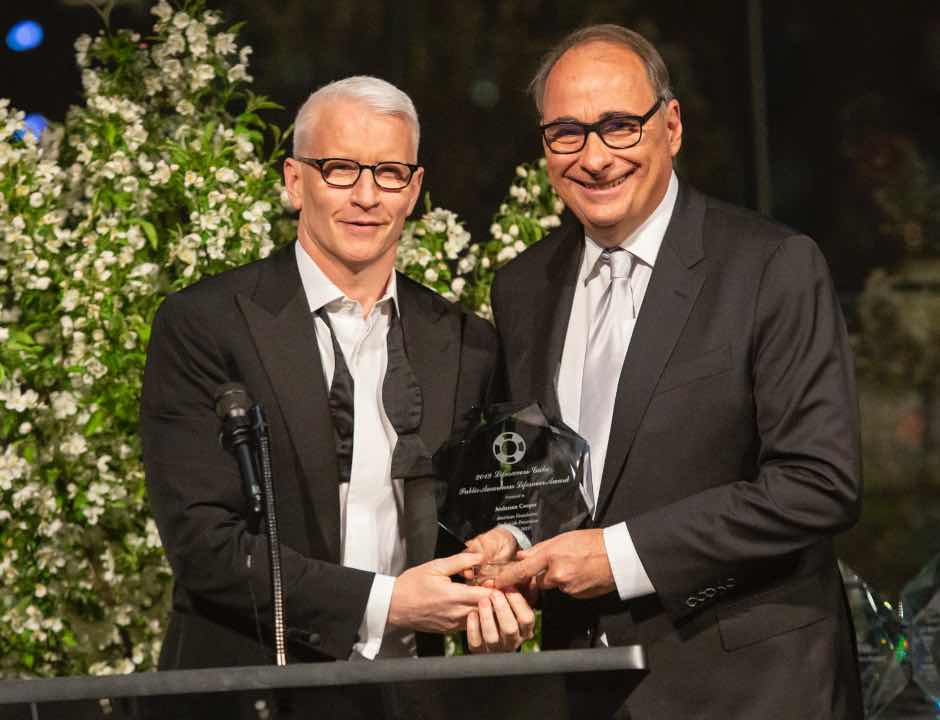
Public Awareness Award
Anderson Cooper, Journalist and Anchor, CNN
Anderson Cooper is the anchor of CNN’s “Anderson Cooper 360°,” a regular correspondent for CBS’s “60 Minutes,” and the recipient of 17 Emmy Awards. Cooper lost his brother Carter to suicide in 1988. He has continuously elevated the conversation around suicide and prevention, particularly following the deaths of his friend, Anthony Bourdain, and Kate Spade. In June of last year, Cooper hosted a town hall-style report on CNN, Finding Hope: Battling America’s Suicide Crisis, which featured AFSP’s Chief Medical Officer, Dr. Christine Moutier, and won an Emmy Award in the category of Outstanding News Discussion & Analysis. AFSP worked behind the scenes to provide guidance, and helped fill the audience with some of our local volunteers.
Honoring Our Chapters
In January, volunteers and staff from across the country gathered in Dallas for the 14th Annual Chapter Leadership Conference. Focusing on the theme “Community Connections to Save Lives,” the event was an inspiring look ahead, as well as an opportunity to applaud the amazing work of our chapters nationwide.
The AFSP South Carolina Chapter (above) was awarded Overall Chapter of the Year at the annual Chapter Awards Banquet. The chapter held seven Out of the Darkness Community Walks, and six Campus Walks, overseeing a significant increase in both participation and fundraising efforts for both events. They helped to present 60 education and prevention programs, including more than 20 Talk Saves Lives, More Than Sad, and It’s Real presentations across the state. They have also been a driving force in the relaunch of the State Suicide Prevention Coalition and became the first AFSP chapter to form a partnership with a state agency, the South Carolina Department of Mental Health, through the South Carolina Youth Suicide Prevention Initiative.
FINANCIALS
This past year has been one of remarkable growth, which has made it possible to increase the American Foundation for Suicide Prevention’s investment across all areas of its work. AFSP also continues to manage its funds wisely, which has earned AFSP Charity Navigator’s highest rating of 4-stars.
Read full letterStatement of Financial Position
(Year Ended June 30, 2019)
- Assets
- Current Assets
- Cash $13,434,304
- Investments 18,286,268
- Unconditional promises to give and other receivables 868,661
- Prepaid walk materials 3,844,383
- Other prepaid expenses 1,536,660
- Total Current assets 37,970,276
- Equipment at cost
- Furniture, fixtures and computer equipment 3,229,975
- Less accumulated depreciation 563,292
- Equipment, at cost less depreciation 2,666,052
- Other assets
- Restricted investments 1,550,848
- Investments -board-designated 2,403,466
- Educational films, net 85,583
- Security deposits 34,768
- Total other assets4,074,665
- Total Assets $44,710,993
- Liabilities and Net Assets
- Current liabilities
- Grants payable $4,050,304
- Accounts payable and accrued expenses 2,360,377
- Deferred event revenue 2,072,920
- Total current liabilities 8,483,601
- Noncurrent liabilities and deferred credits
- Grants payable 2,137,521
- Deferred rent credit 2,257,268
- Total liabilities 12,878,390
- Net assets without donor restrictions:
- General operating 27,095,614
- Board-designated 2,403,466
- 2,403,466
- Net assets with donor restrictions 2,333,523
- Total net assets 31,832,603
- Total liabilities and net assets $44,710,993
Statement of Activities
(Year Ended June 30, 2018)
| Without Donor Restrictions |
With Donor Restrictions |
Total | ||||
| Revenues, Gains and Other Support | ||||||
| Functions: | ||||||
| Revenues | $33,107,225 | - | $33,107,225 | |||
| Direct expenses | (6,632,083) | - | (6,632,083) | |||
| Net functions income | 26,475,142 | - | 26,475,142 | |||
| Donations | 13,118,890 | 8,537 | 13,127,427 | |||
| Other revenues, net | 516,033 | 27,445 | 543,478 | |||
| Investment income | 790,671 | 75,233 | 865,904 | |||
| Net assets released from restrictions | 179,993 | (179,993) | - | |||
| Total revenues, gains and other support | 41,080,729 | (68,778) | 41,011,951 | |||
| Expenses | ||||||
| Program services | 25,083,665 | - | 25,083,665 | |||
| Management and general | 1,537,575 | - | 1,537,575 | |||
| Fundraising | 3,864,393 | - | 3,864,393 | |||
| Total Expenses | 30,485,633 | - | 30,485,633 | |||
| Change in net assets | 10,595,096 | (68,778) | 10,526,318 | |||
| Net assets | ||||||
| Beginning | 18,903,984 | 2,402,301 | 21,306,285 | |||
| Ending | $29,499,080 | $2,333,523 | $31,832,603 | |||
Expenses
(Year Ended June 30, 2018)
| Program Services | Supporting Services | |||||||
| Research | Prevention & Education |
Loss & Healing Programs |
Advocacy Programs |
Total Program Services |
Management & General |
FundRaising | Total Expenses |
|
| Grants | $5,204,072 | - | - | - | $5,204,072 | - | - | $5,204,072 |
| Salaries and Wages | 567,341 | 3,191,948 | 1,908,995 | 1,007,754 | 6,676,038 | 841,479 | 1,800,755 | 9,318,272 |
| Employee Health & Retirement Benefits | 111,926 | 629,711 | 376,609 | 198,811 | 1,317,057 | 166,008 | 355,255 | 1,838,320 |
| Research, Educational and Survivor Conferences and Programs | 132,706 | 2,173,516 | 777,511 | 325,585 | 3,409,318 | - | 153,988 | 3,563,306 |
| Out of the Darkness Programs | - | 921,540 | 1,105,847 | - | 2,027,387 | - | 811,955 | 2,839,342 |
| Office | 38,601 | 863,296 | 313,854 | 175,015 | 1,390,766 | 25,194 | 126,398 | 1,542,358 |
| Occupancy | 41,205 | 231,824 | 138,646 | 73,191 | 484,866 | 61,115 | 130,785 | 676,766 |
| Telecommunications and Internet | 4,716 | 50,091 | 36,080 | 17,447 | 108,334 | 3,407 | 17,086 | 128,827 |
| Equipment Rental and Maintenance | 19,079 | 152,483 | 96,636 | 84,090 | 352,288 | 25,066 | 66,716 | 444,070 |
| Travel | 61,480 | 620,544 | 339,409 | 421,100 | 1,442,533 | 112,769 | 90,132 | 1,645,434 |
| Consultants | 182,925 | 1,644,121 | 611,925 | 232,035 | 2,671,006 | 115,352 | 311,323 | 3,097,681 |
| Professional fees | - | - | - | - | - | 136,561 | - | 136,561 |
| Depreciation | - | - | - | - | - | 50,624 | - | 50,624 |
| Subtotal | 6,364,051 | 10,479,074 | 5,705,512 | 2,535,028 | 25,083,665 | 1,537,575 | 3,864,393 | 30,485,633 |
| Direct Expenses of Functions | - | - | - | - | - | - | 6,632,083 | 6,632,083 |
| Cost of Goods Sold - Public Store (netted in other revenues) |
- | - | - | - | - | - | 79,848 | 79,848 |
| Total | $6,364,051 | $10,479,074 | $5,705,512 | $2,535,028 | $25,083,66 | $1,537,575 | $10,576,324 | $37,197,564 |
Cash Flows
(Year Ended June 30, 2018)
- Cash Flows from Operating Activities
- Change in net assets $10,526,318
- Adjustments to reconcile change in net assets to net cash provided by operating activities
- Depreciation 50,624
- Amortization of educational film costs 26,000
- Realized gains on investments (2,225,188)
- Unrealized (gains) losses on investments 1,852,669
- Deferred rent (35,640)
- Changes in assets and liabilities
- Unconditional promises to give and other receivables 1,285,028
- Prepaid walk materials and other expenses (2,813,182)
- Grants payable 493,608
- Accounts payable and accrued expenses 37,023
- Deferred event revenue 141,187
- Net cash provided by operating activities 9,338,447
- Cash Flows From Investing Activities
- Purchase of property and equipment (620,253)
- Acquisition of investments (24,672,436)
- Proceeds from sale of investments 24,063,965
- Return of security deposits 45,833
- Educational films -
- Net cash (used in) investing activities (1,182,891)
- Net (increase) in cash 8,155,556
- Cash
- Beginning 5,278,748
- Ending $13,434,304
- Non-cash investment transaction
- Purchase of property and equipment paid by landlord $1,875,574
Program Services and Administrative Costs
We invest our resources wisely to put more of every dollar toward research, education, advocacy, and support for those affected by suicide. This past year we kept administrative and fundraising costs to 17.7%, well below the industry standard of 25%.
Expenses
- Program Services
- $25,083,665
- Administrative Costs
- $5,401,968
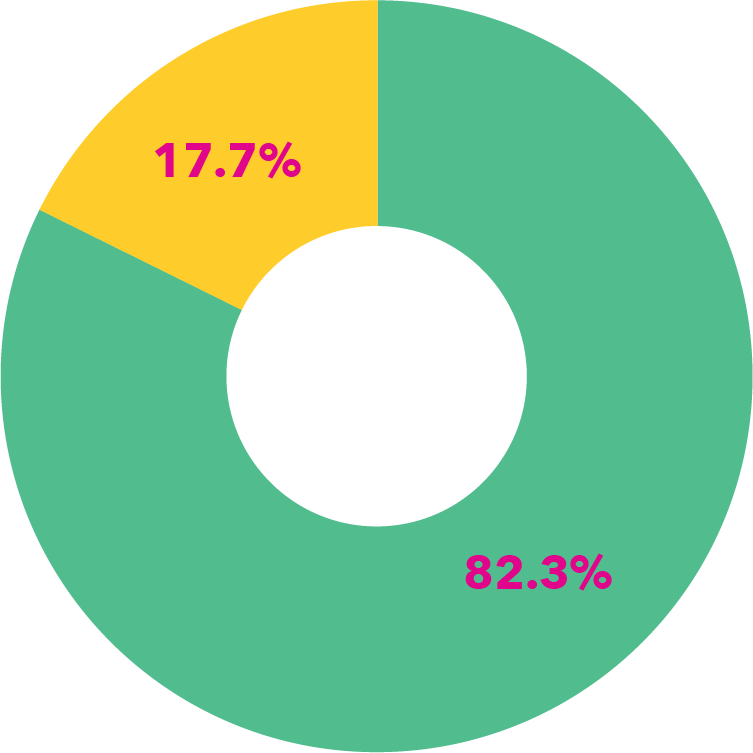

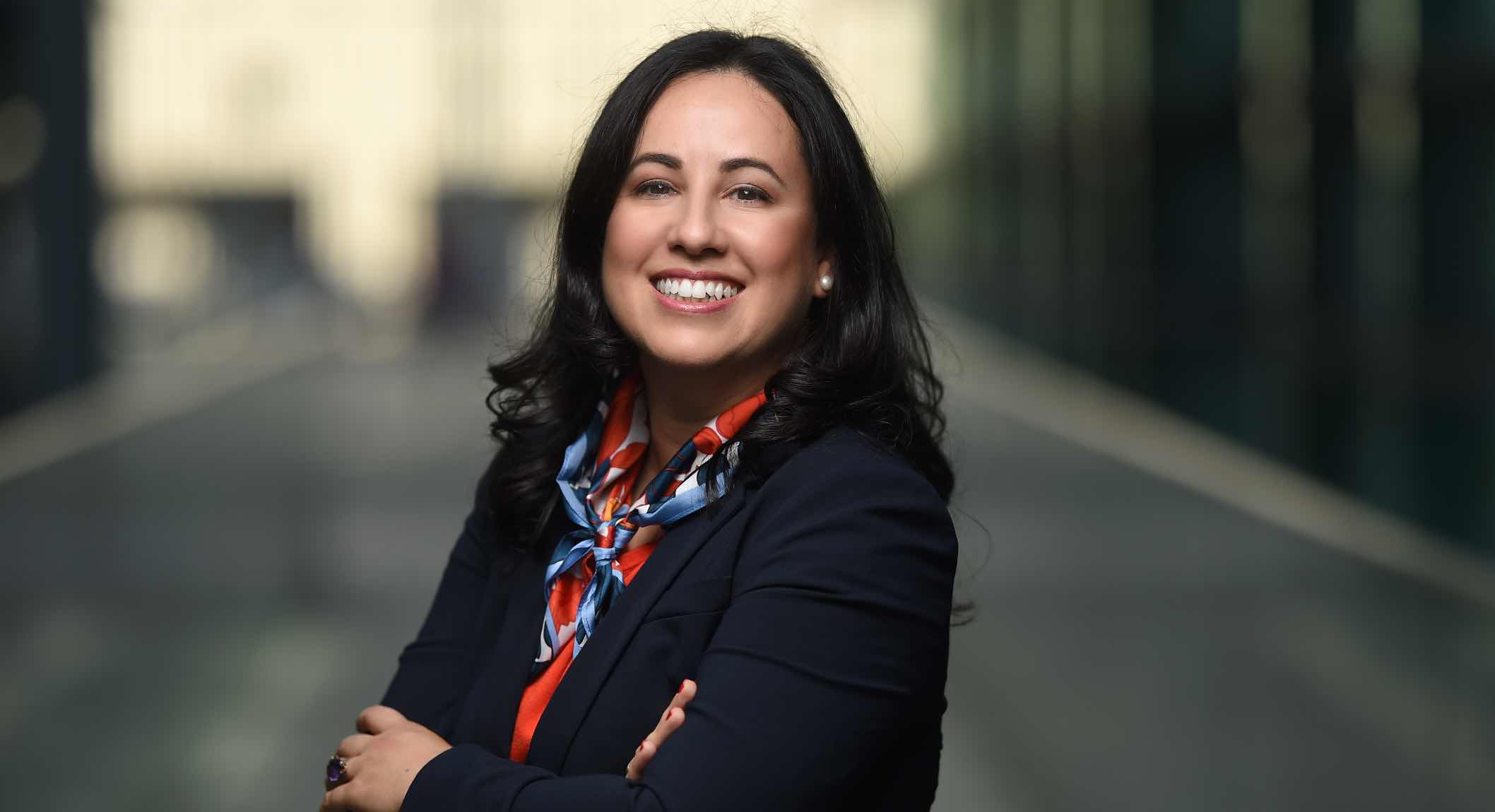
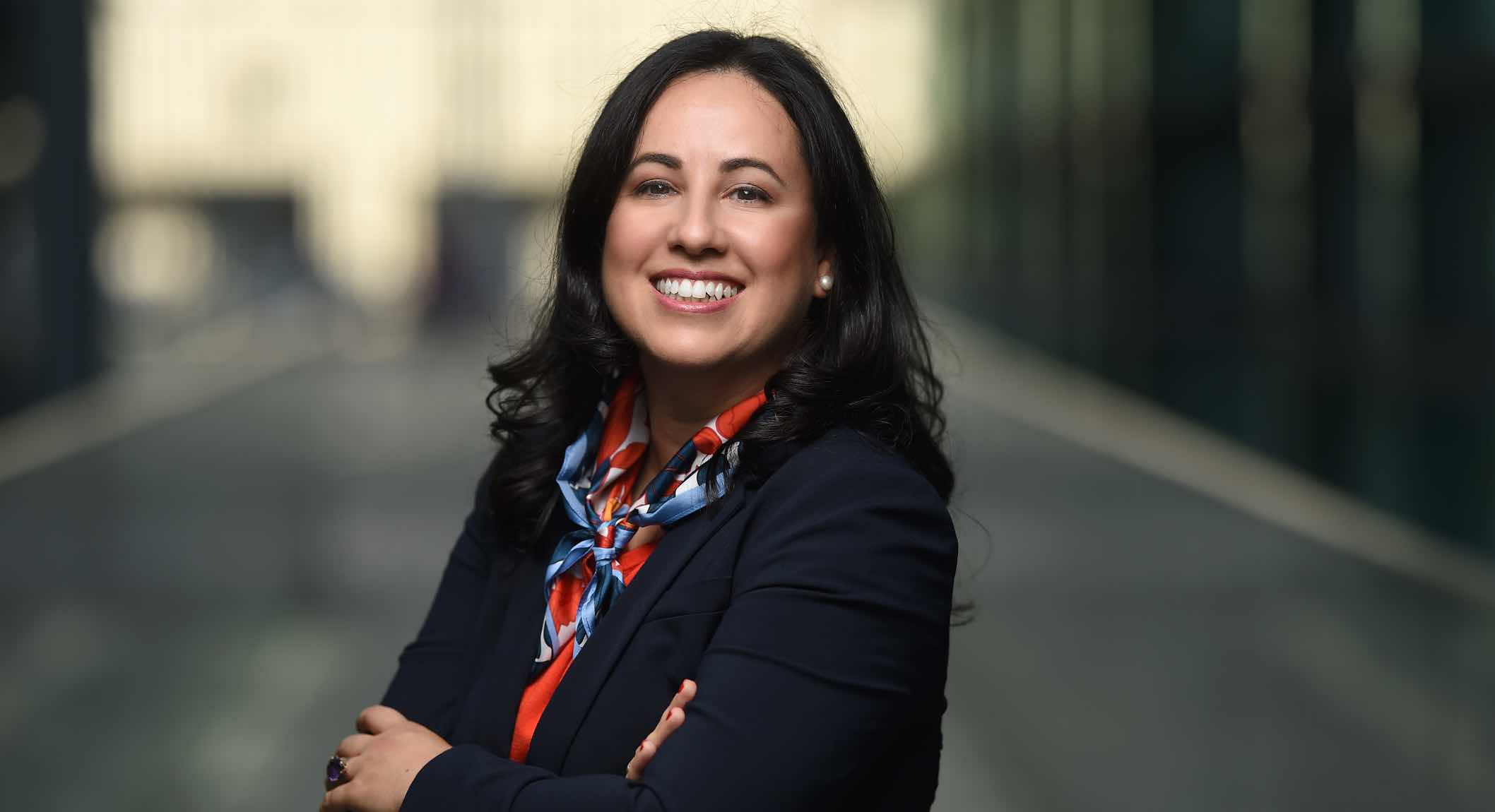
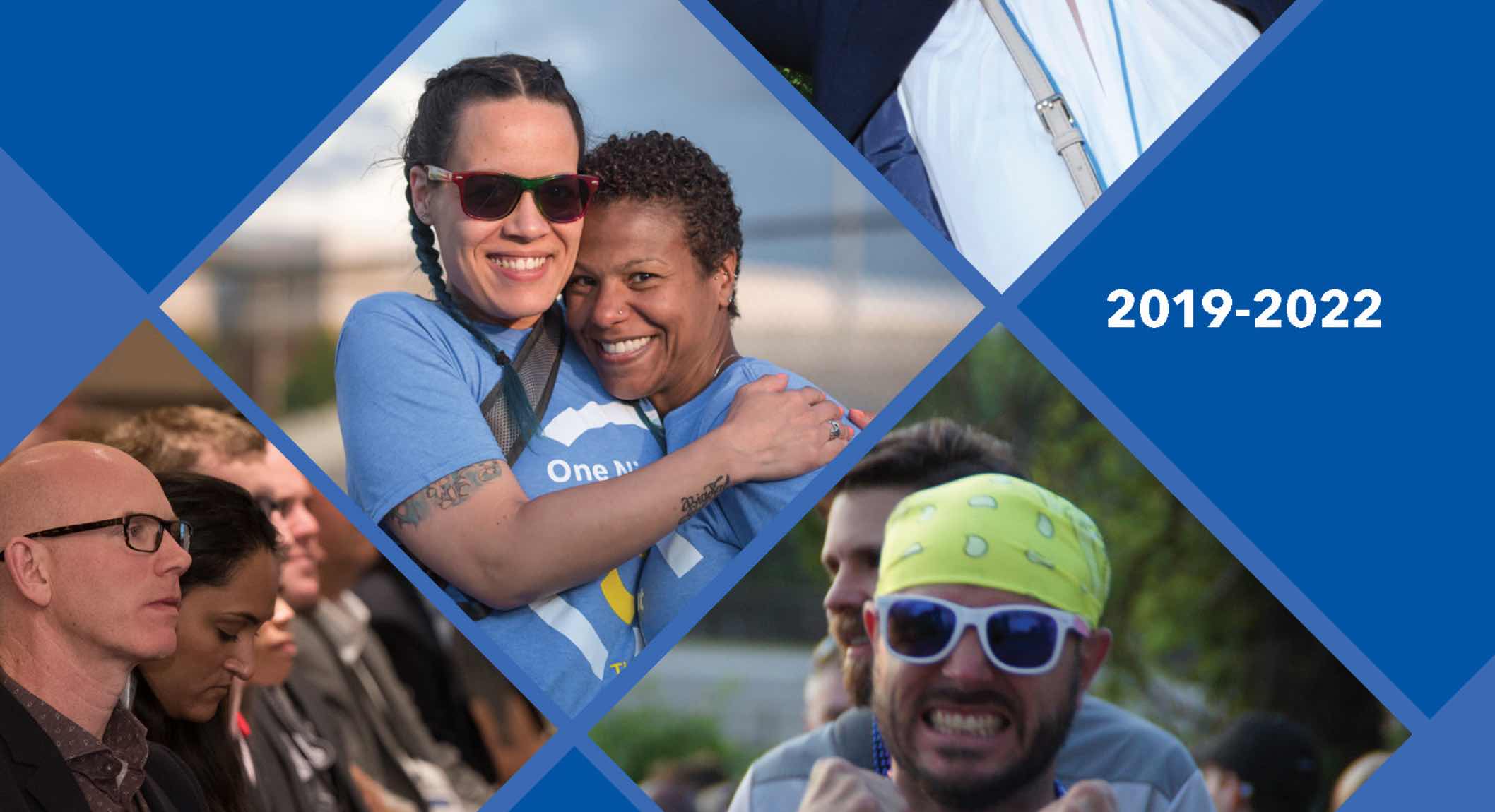
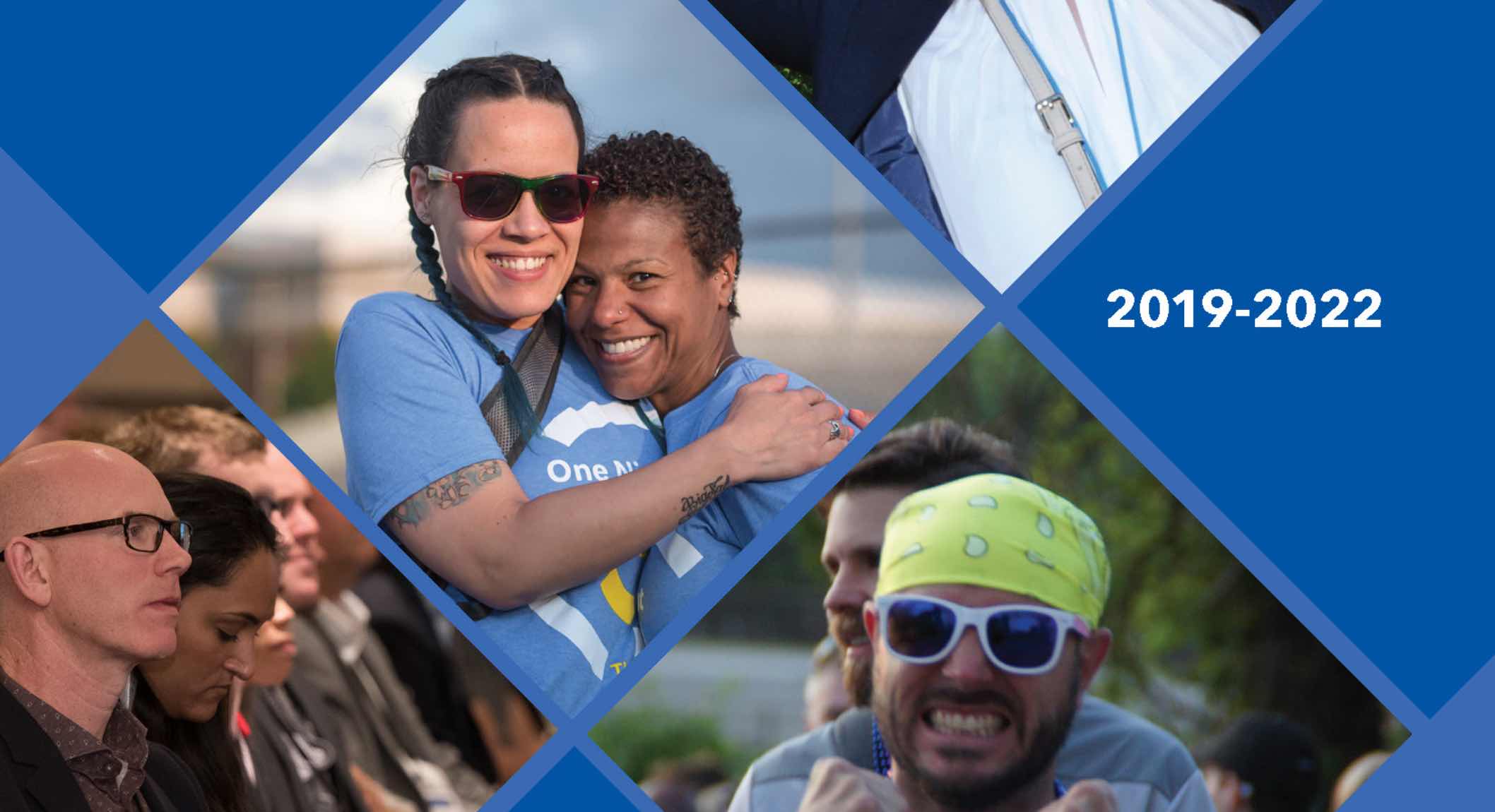
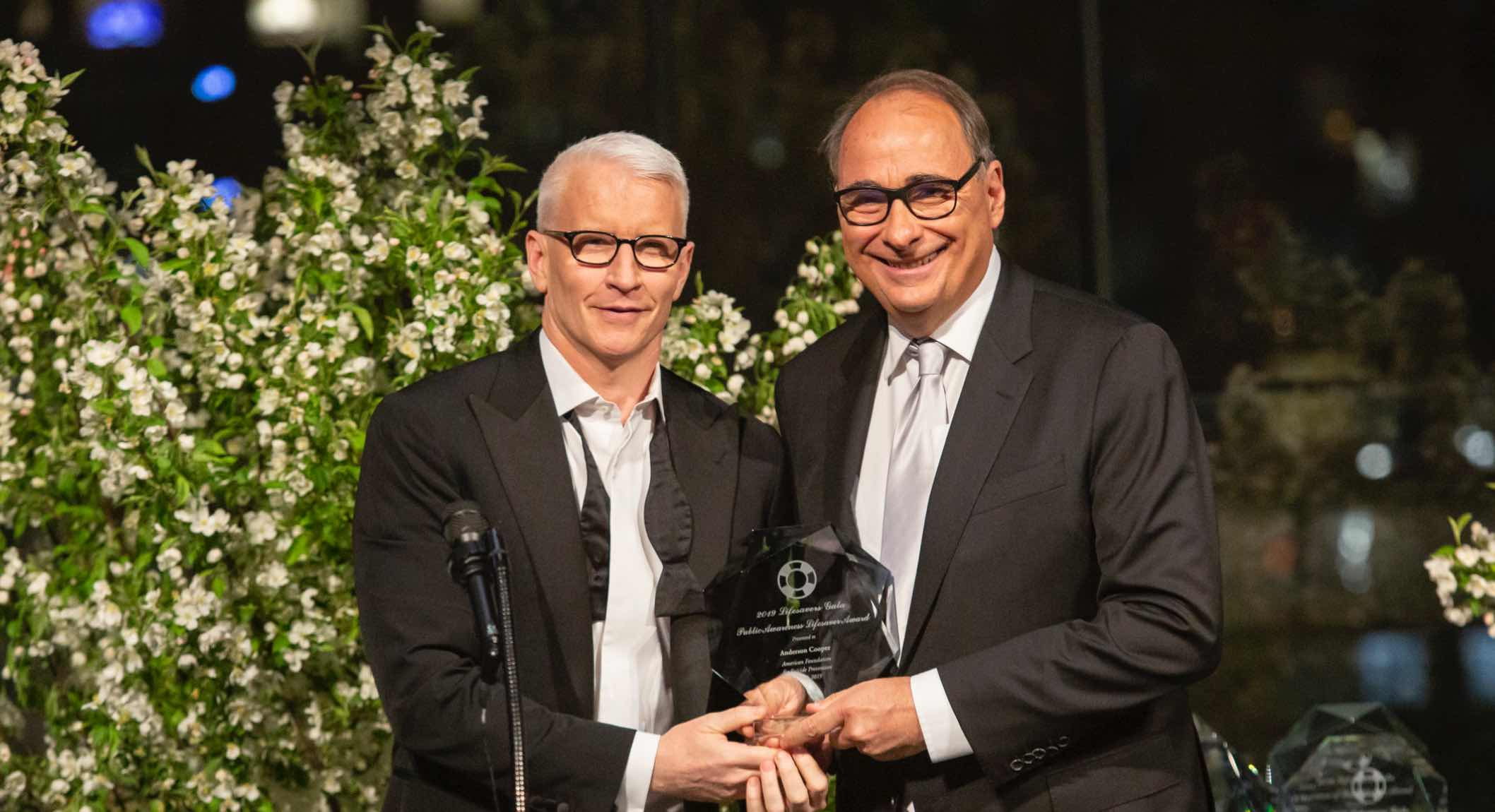
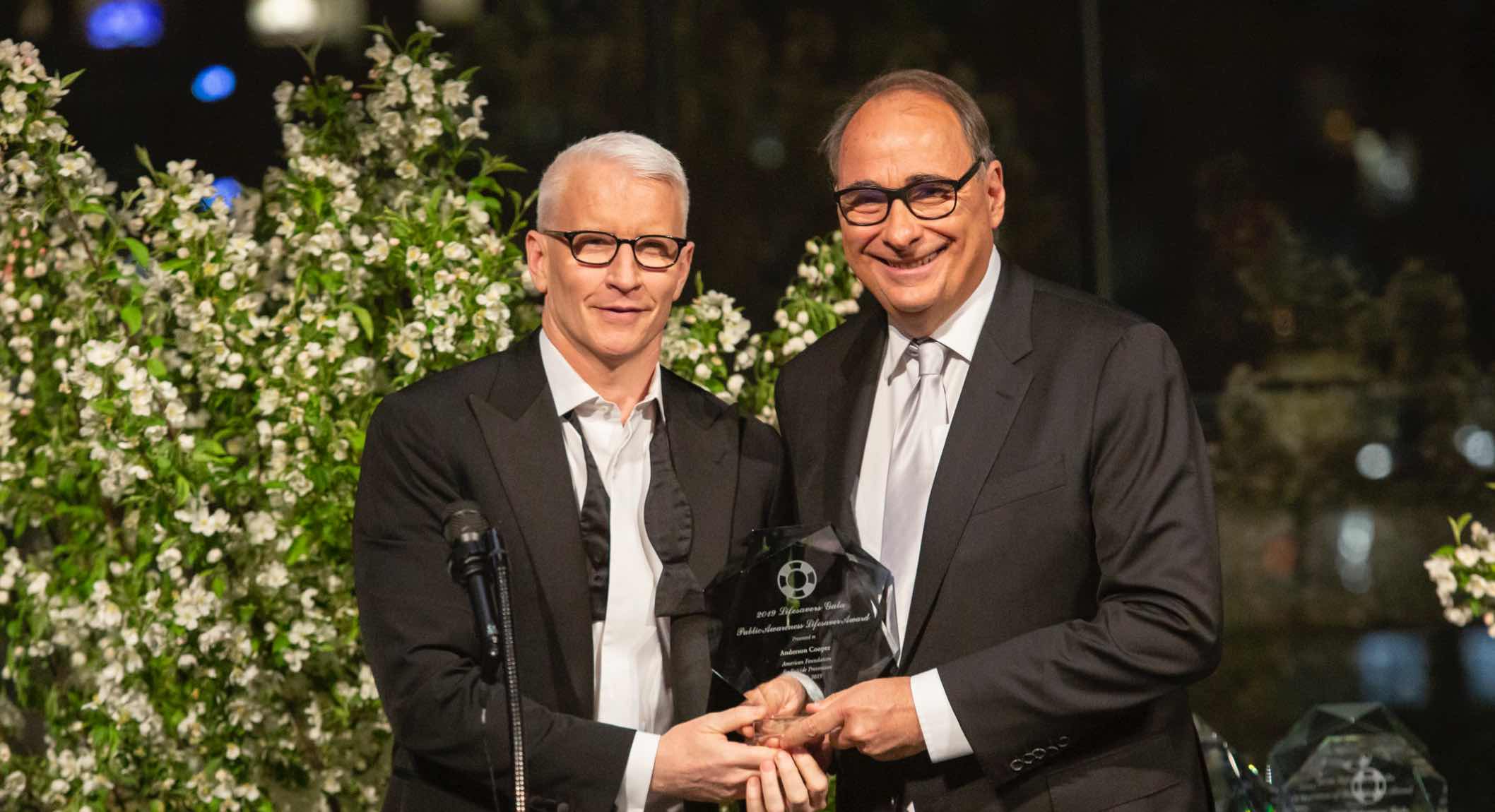
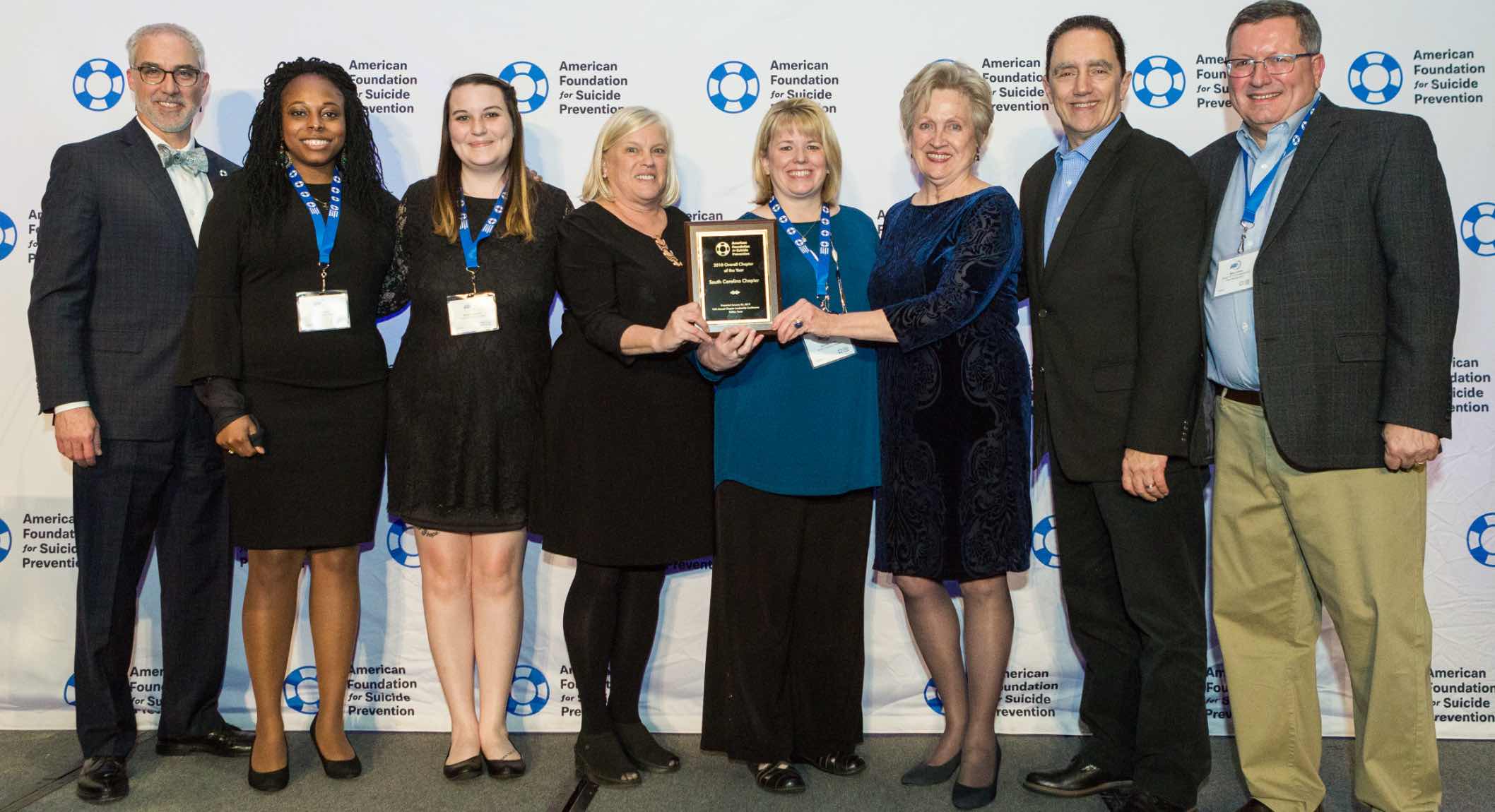
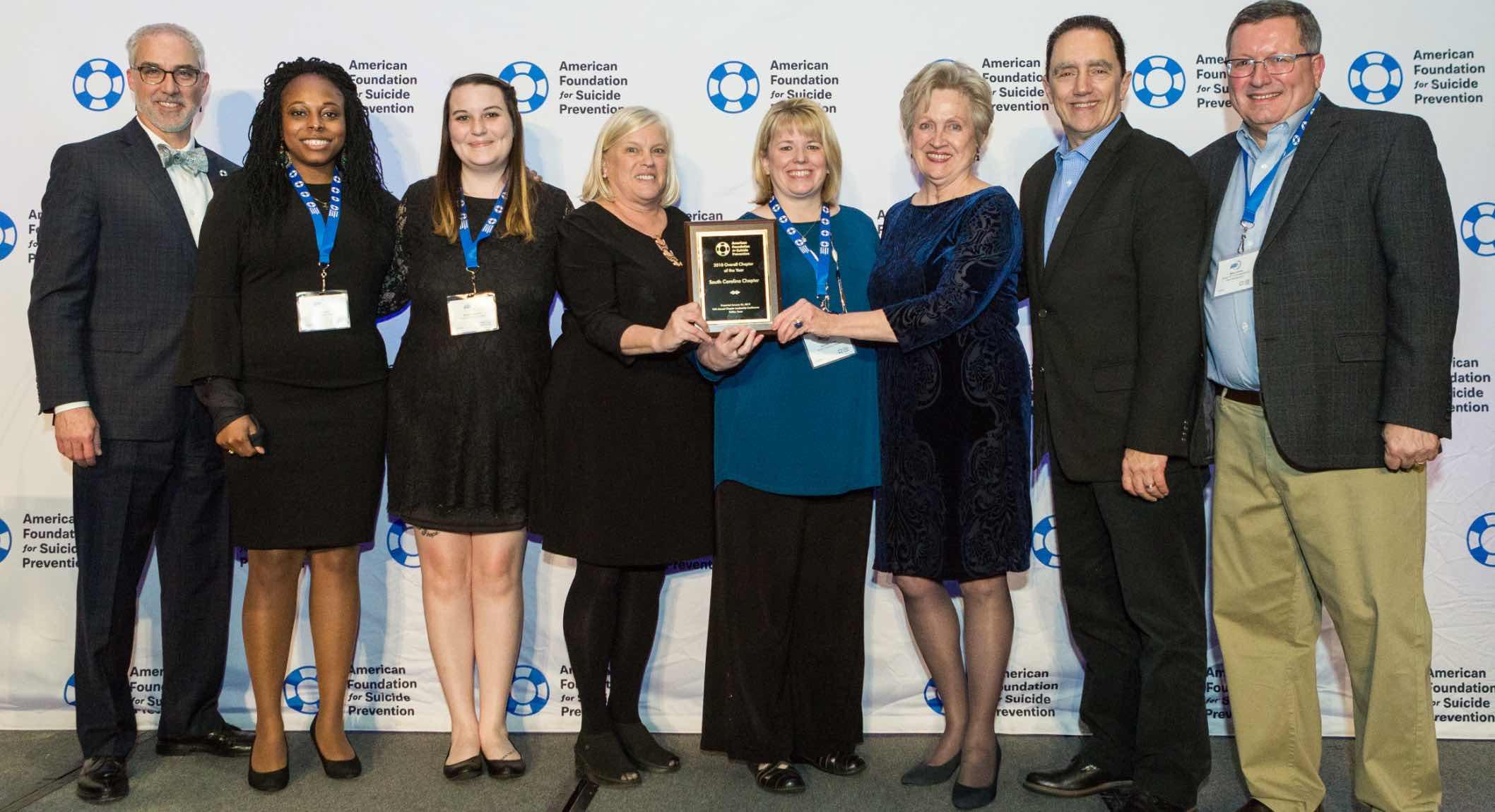
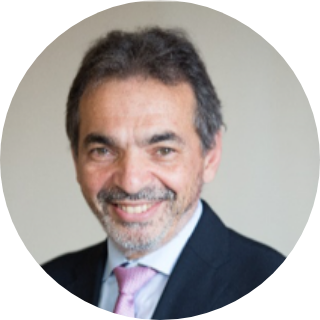
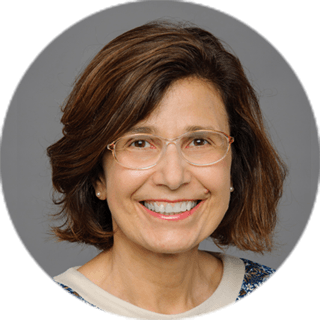 Igor Galynker M.D., Ph.D.
Igor Galynker M.D., Ph.D.
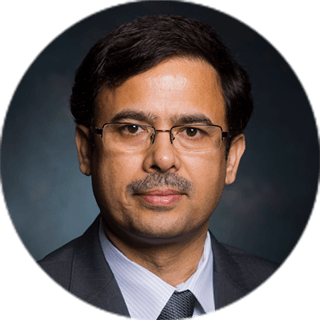 Yogesh Dwivedi, Ph.D.
Yogesh Dwivedi, Ph.D.
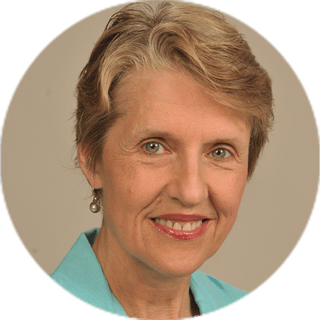 Faith Dickerson, Ph.D., M.P.H.
Faith Dickerson, Ph.D., M.P.H.
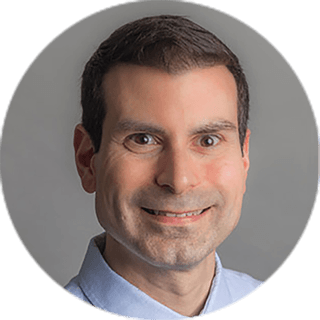 Brandon Gaudiano, Ph.D.
Brandon Gaudiano, Ph.D.
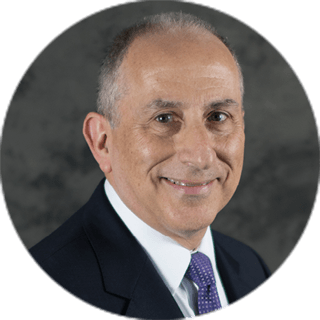 Paul Lipkin, M.D.
Paul Lipkin, M.D.
 Anna Mueller, Ph.D.
Anna Mueller, Ph.D.
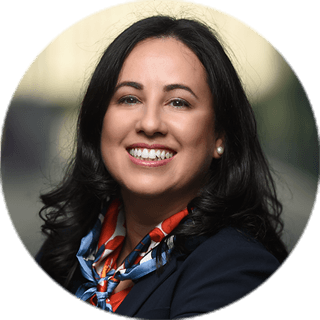 Carolyn Rodriguez, M.D., Ph.D.
Carolyn Rodriguez, M.D., Ph.D.
 Heather Schatten, Ph.D.
Heather Schatten, Ph.D.
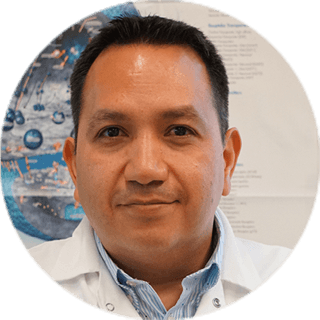 Adolfo Sequeira, Ph.D.
Adolfo Sequeira, Ph.D.
 Golan Shahar, Ph.D.
Golan Shahar, Ph.D.
 Etienne Sibille, Ph.D.
Etienne Sibille, Ph.D.
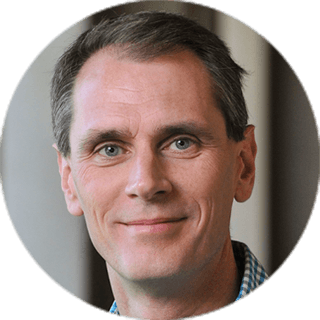 David Studdert, Sc.D., M.P.H.
David Studdert, Sc.D., M.P.H.
 Iga Tymofiyeva, Ph.D.
Iga Tymofiyeva, Ph.D.
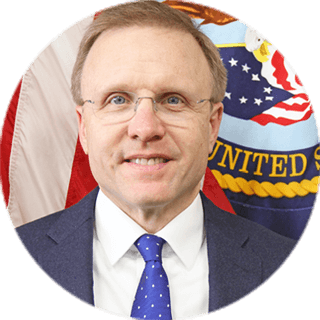 Bradley Watts, M.D., M.P.H.
Bradley Watts, M.D., M.P.H.
 Emma Johnson, Ph.D.
Emma Johnson, Ph.D.
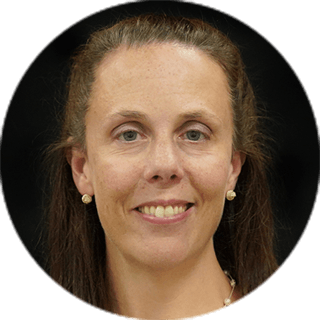 Mary LeCloux, Ph.D.
Mary LeCloux, Ph.D.
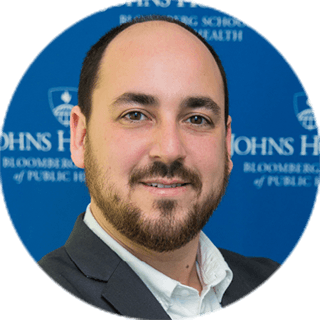 Paul Nestadt, M.D.
Paul Nestadt, M.D.
 Caroline Oppenheimer, Ph.D.
Caroline Oppenheimer, Ph.D.
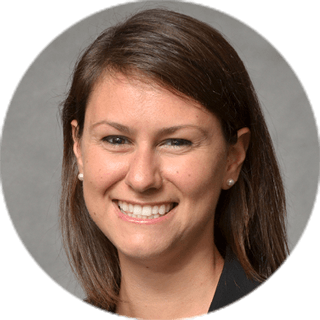 Emily Pisetsky, Ph.D.
Emily Pisetsky, Ph.D.
 Emily DiBlasi, Ph.D.
Emily DiBlasi, Ph.D.
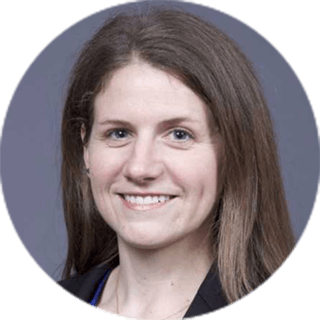 Danielle Steelesmith Ph.D., M.S.W.
Danielle Steelesmith Ph.D., M.S.W.
 Sujan Chandra Das, Ph.D.
Sujan Chandra Das, Ph.D.
 Alysa Doyle, Ph.D.
Alysa Doyle, Ph.D.
